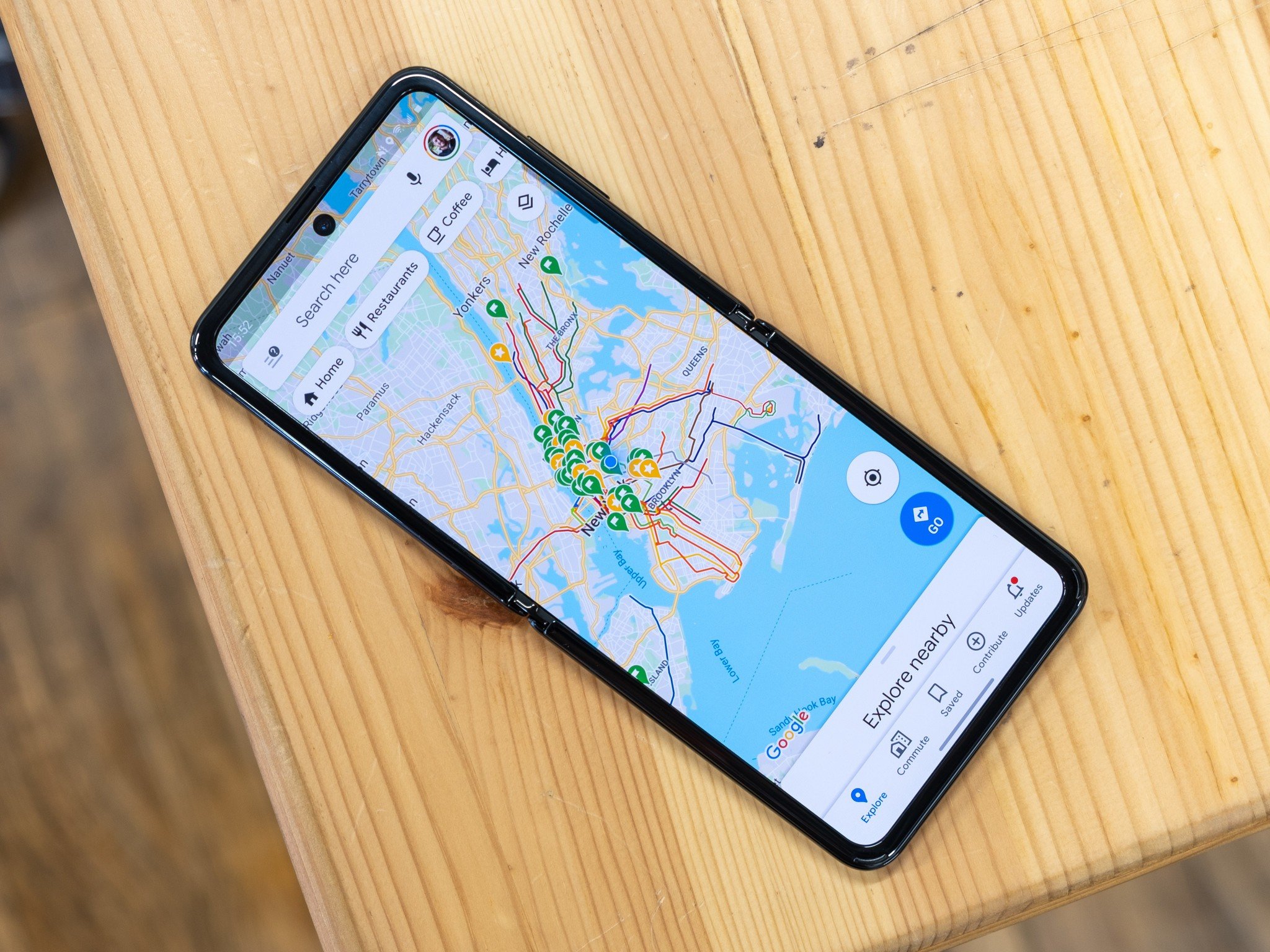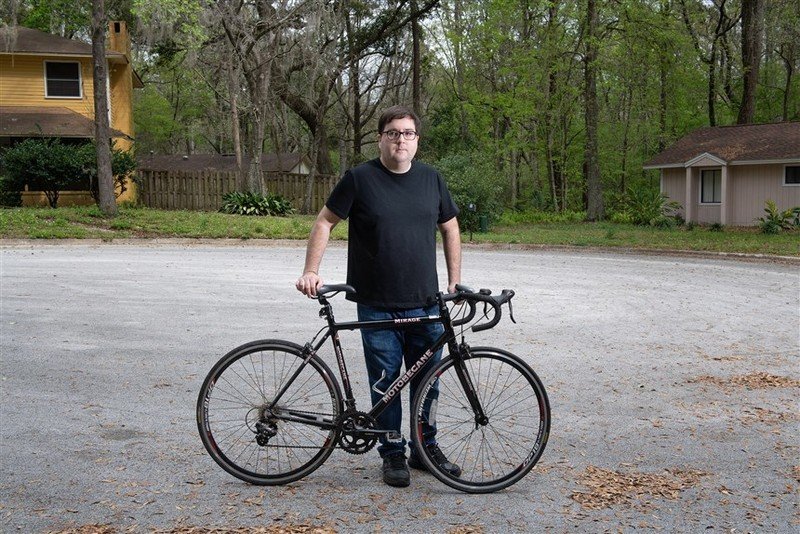Google's location tracking made this innocent biker a suspect in a robbery

What you need to know
- Zachary McCoy became a robbery suspect by riding his bike past a house three times that had been burgled.
- Police used a geofence warrant to request information about devices in the area from Google.
- Geofence warrants have increased by 500% from 2018 to 2019.
Did you ever think your next bike ride might turn you into a suspect for a crime? I know I haven't, and neither did Zachary McCoy, until he was contacted by Google's legal investigations team last January. In an email from Google, he learned the Gainesville police were requesting information from his Google account.
The email stated he had seven days to block the release of the information by going to court, or it would hand over his data to the police. In a panic, McCoy searched the included case number from the email and discovered it was linked to a home robbery, which occurred 10 months earlier. He then went to his parent's home, where they agreed to use some of their savings to hire a lawyer.
After some digging, the lawyer discovered the police had issued a geofence warrant, which requires Google to release data it collected from any devices within a designated area.

As it turns out, McCoy tracks his bike rides with the RunKeeper app and had unknowingly given his location data to Google. Unfortunately for him, he happened to ride by a house three times that had been burgled as part of his usual biking route. That was all it took to make him a suspect.
I was using an app to see how many miles I rode my bike and now it was putting me at the scene of the crime. And I was the lead suspect.
Fortunately, McCoy was eventually cleared as a suspect, but it was still a frightening situation to be placed in simply because you went for a bike ride.
In recent years, the demand for geofence warrants such as this have skyrocketed. NBC News reports a 1500% rise between 2017 and 2018, while it increased another 500% from 2018 to 2019. The surge of requests brings even more attention to the dangers of keeping your phone on you and allowing it to record your location at all times.
With the launch of Android 10, Google made it easier to prevent apps from tracking you in the background. However, that doesn't stop Google from doing it. At least the company began allowing for users to set up automatic deletion of your location data starting last year.
Get the latest news from Android Central, your trusted companion in the world of Android
How to automatically delete your Google Location and Web & App Activity

